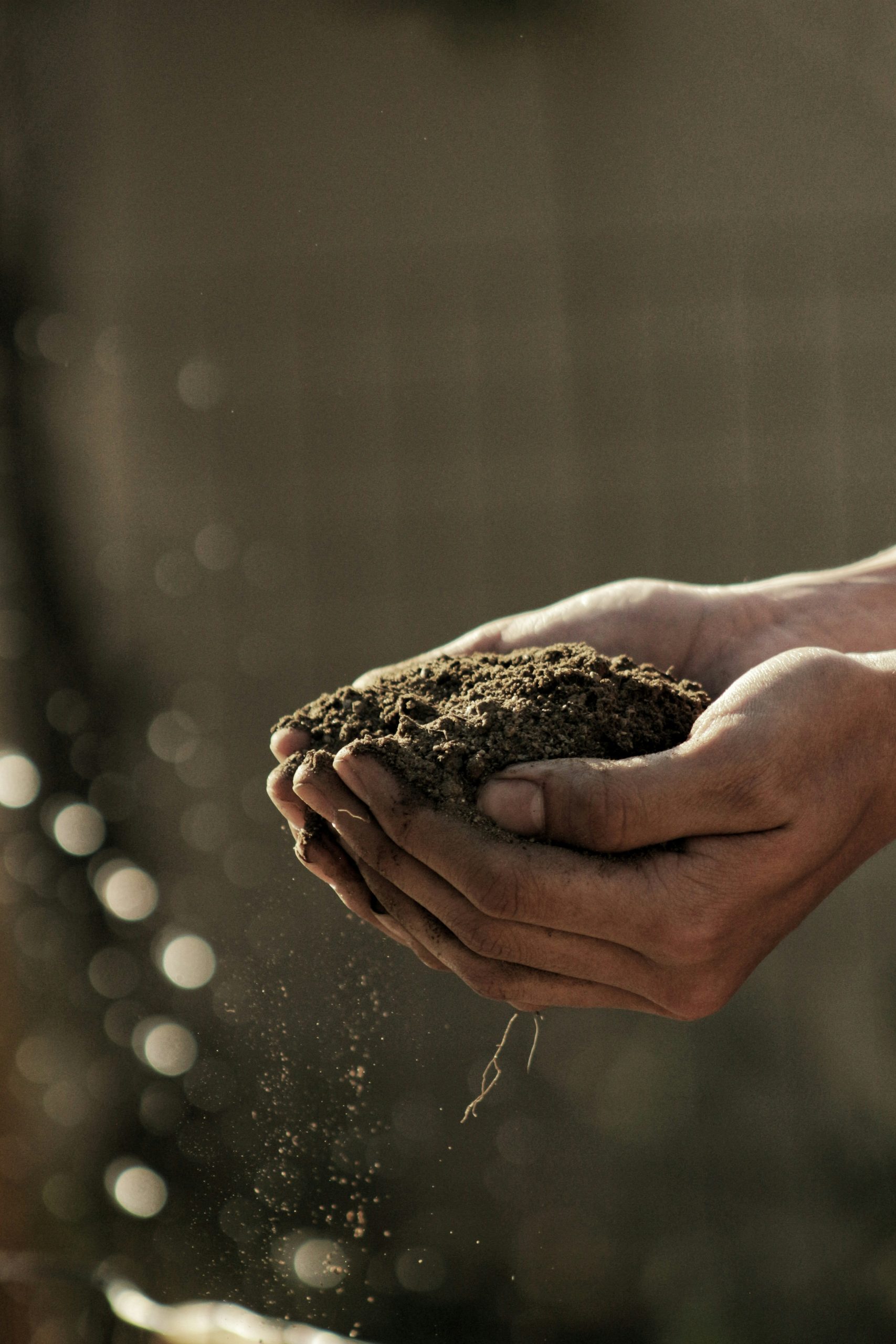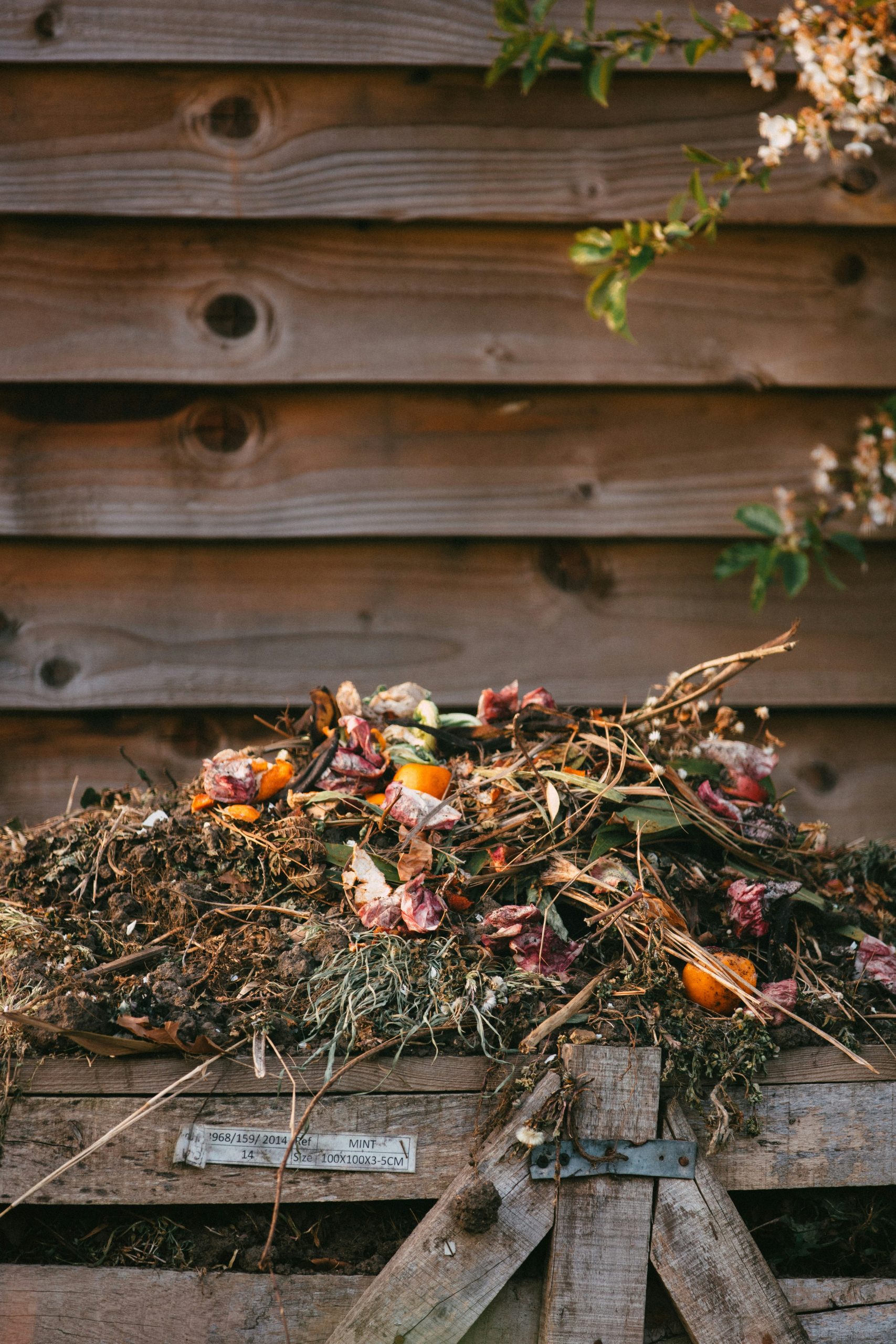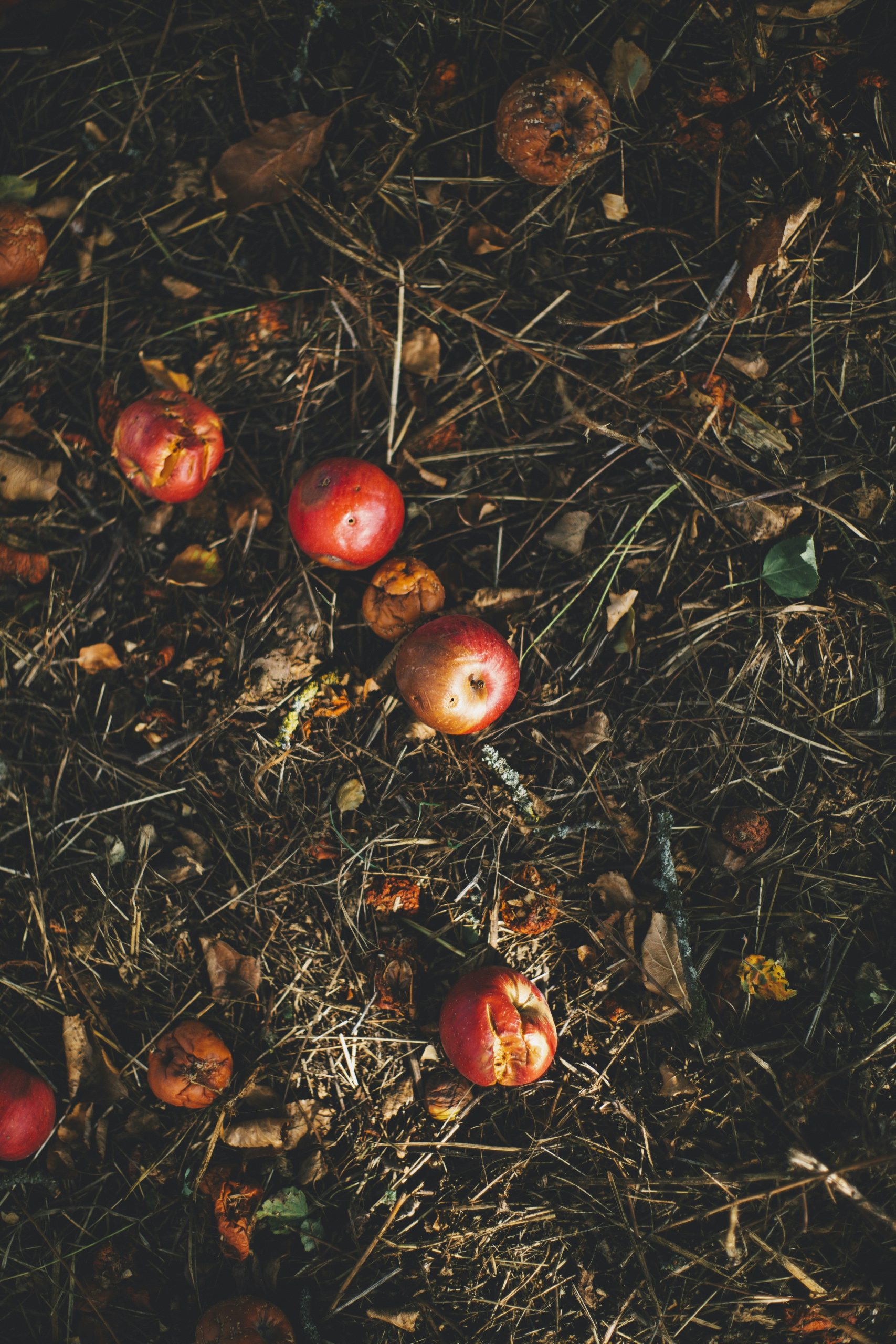Let’s dive into the world of composting together and uncover the secret to maintaining the perfect moisture balance! “How Do I Prevent My Compost From Becoming Too Wet?” is your go-to guide for creating nutrient-rich compost without the soggy mess. In this friendly article, we explore practical tips and tricks to ensure our compost piles stay perfectly balanced. We’ll share knowledge on the right mix of green and brown materials, the importance of aeration, and how to adjust our composting techniques based on weather conditions. Together, we’ll master the art of composting and transform our organic waste into gardener’s gold! Have you ever wondered, “How do I prevent my compost from becoming too wet?” If you’ve ventured into the world of composting, you know how crucial it is to maintain the right balance of moisture. A too-wet compost pile can lead to odor issues, slow down decomposition, and even become a breeding ground for pests. But worry not, we’ve got some essential tips and insights to help you manage the moisture levels in your compost effectively.
Understanding the Basics of Composting
Before diving into moisture control, it’s important to grasp the basics of composting. Composting is the natural process of breaking down organic materials such as kitchen scraps and yard waste into nutrient-rich soil. This decomposed material, known as compost, is an excellent organic fertilizer for gardens and landscapes.
The Role of Moisture in Composting
Moisture is a key component in the composting process. It helps to break down organic matter, but too much of it can hinder the process. The ideal moisture level for compost is akin to a wrung-out sponge: moist but not dripping wet. Achieving this balance may require some patience and experimentation, but with the right tips and practices, it becomes manageable.
Causes of Excess Moisture in Compost
There are several reasons your compost might be getting too wet. Identifying these causes can help you prevent the issue before it starts.
Weather Conditions
Mother Nature plays a significant role in the moisture content of your compost. Extended periods of rain or high humidity can lead to excess moisture.
Material Imbalance
The type of materials you add to your compost pile can also affect moisture levels. Greens (nitrogen-rich materials) like kitchen scraps tend to have a high water content, while browns (carbon-rich materials) like dry leaves and cardboard are more absorbent.
Poor Aeration
If your compost pile is not well-aerated, it can become soggy. Sufficient airflow is essential to avoid an overly wet compost pile.

Preventing Excess Moisture in Compost
Having identified the causes, let’s look at actionable steps to prevent our compost from becoming too wet.
1. Location, Location, Location
Choosing the right location for your compost pile is crucial. Ideally, it should be placed in a spot that has good drainage but is also shielded from excessive rain.
2. Balance Your Greens and Browns
One of the most effective ways to control moisture is by balancing the greens and browns in your compost. Greens provide nitrogen, while browns provide carbon. Aim for a ratio of roughly 2:1 browns to greens. This helps absorb moisture and promotes good aeration.
| Type | Examples |
|---|---|
| Greens (Nitrogen-rich) | Kitchen scraps, fresh grass clippings |
| Browns (Carbon-rich) | Dry leaves, cardboard, sawdust |
3. Turn Your Pile Regularly
Turning the compost pile aerates it and promotes faster decomposition. It also helps to redistribute moisture evenly throughout the pile.
4. Use Bulking Agents
Adding materials like straw, hay, or wood chips can help manage excess moisture. These bulking agents improve aeration and absorb some of the excess water.
5. Cover Your Compost
Using a cover can help protect your compost from excessive rainfall. A simple tarp or a specially designed compost bin cover can do the trick.
Handling a Too-Wet Compost Pile
Sometimes, despite our best efforts, our compost may still become too wet. Here are some steps to remedy the situation.
1. Remove Some Moisture-Rich Materials
If your compost pile is too wet, consider temporarily reducing the addition of greens and focus more on browns.
2. Add More Browns
Add dry, carbon-rich materials like dried leaves, shredded paper, or cardboard to absorb excess moisture. Mix them thoroughly into the compost pile.
3. Increase Aeration
Turn your compost pile more frequently to improve airflow, which can help in drying out the excess moisture.

Pro Tips for Maintaining Optimal Moisture Levels
Maintaining the right moisture level in your compost pile is an ongoing task that requires regular monitoring. Here are some pro tips to keep things under control.
Use a Moisture Meter
A compost moisture meter is a valuable tool that gives a direct reading of the moisture content in your compost pile. It’s more accurate than guessing by feel.
Understand the Sponge Test
To judge moisture levels without a meter, use the sponge test. Grab a handful of compost and squeeze it. If it feels like a wrung-out sponge, you’re in the right range. If water drips out, it’s too wet.
Keep Compost Covered in Rainy Seasons
During seasons of heavy rainfall, always keep your compost pile covered. This simple precaution can prevent the pile from becoming overly wet.
Common Questions About Compost Moisture
We often get questions about compost moisture. Here are some of the most common ones along with answers to help you on your composting journey.
Why Does My Compost Smell Bad?
A foul smell typically indicates anaerobic conditions, which are often caused by excess moisture. Turning your pile and adding more browns can help resolve this issue.
Can I Add Water to Dry Compost?
Yes, water can be added to compost if it becomes too dry. However, add it gradually and mix thoroughly to avoid creating wet spots.
What Happens if Compost is Too Wet for Too Long?
Compost that remains too wet for extended periods may slow down the decomposition process and create an anaerobic environment. This can result in a smelly, sludgy mess and attract pests.

The Benefits of Managing Compost Moisture Correctly
Managing moisture levels in your compost not only ensures successful decomposition but also brings many other benefits.
Improved Soil Quality
Properly decomposed compost enriches the soil with nutrients, enhancing its quality and fertility. This is particularly beneficial for home gardens and local ecosystems.
Reduced Green Waste
By composting effectively, we reduce the amount of green waste that goes to landfills. This reduces our environmental footprint and contributes to a more sustainable lifestyle.
Healthier Plants
Compost with the right moisture balance translates to healthier plants. The nutrients are more readily available to plant roots, promoting robust growth and resilience against pests and diseases.
Expert Opinions and Further Reading
For those who wish to delve deeper into the subject, consulting expert opinions can offer more advanced insights. Below, we share a few sources and references that can provide additional information.
Books
- “The Rodale Book of Composting” by Grace Gershuny & Deborah L. Martin
- A comprehensive guide that covers a wide range of composting topics, including moisture control.
- “Let it Rot” by Stu Campbell
- Another excellent book for beginners that delves into the principles and techniques of successful composting.
Websites
- MasterComposter.com
- A great resource for all things composting, offering tips, tutorials, and troubleshooting advice.
- US Composting Council
- Provides extensive resources, including scientific studies and practical guides on composting best practices.
Expert Talk
Dr. Compost, aka Rhonda Sherman
From the North Carolina State University Cooperative Extension, Rhonda Sherman is renowned for her expertise in vermicomposting and composting. She often shares insights on moisture management in her workshops and articles.

Conclusion
In conclusion, understanding and maintaining the right moisture levels in our compost is essential for efficient decomposition and a healthy composting system. By choosing the right location, balancing our greens and browns, turning our pile, and using tools like a moisture meter, we can prevent our compost from becoming too wet. Proper moisture control not only aids in producing high-quality compost but also supports environmentally responsible practices.
So next time you find yourself asking, “How do I prevent my compost from becoming too wet?” you’ll have a toolbox of strategies and tips to ensure your compost pile remains in optimal condition. Let’s make our composting efforts successful and sustainable, one well-managed pile at a time!




